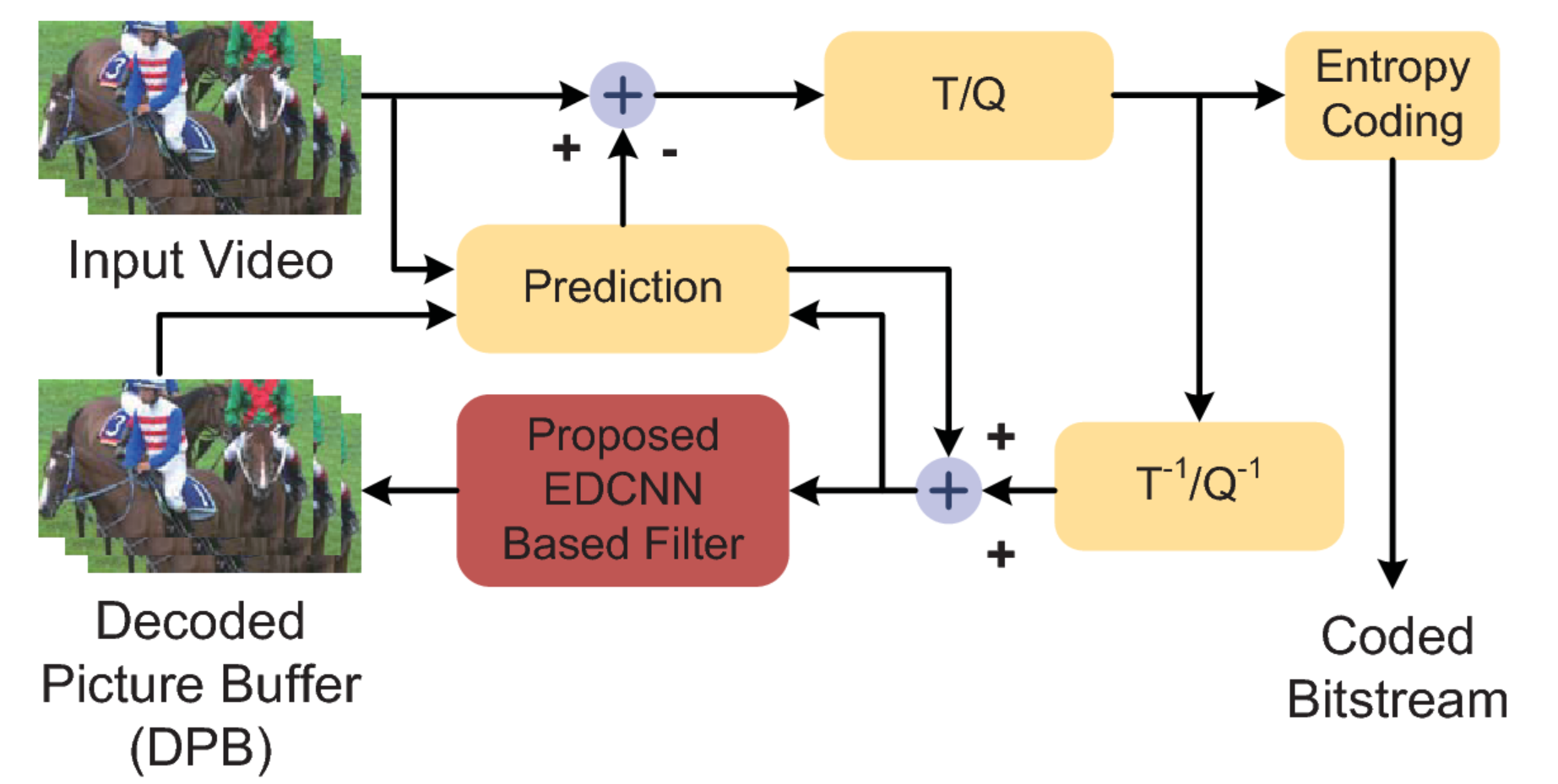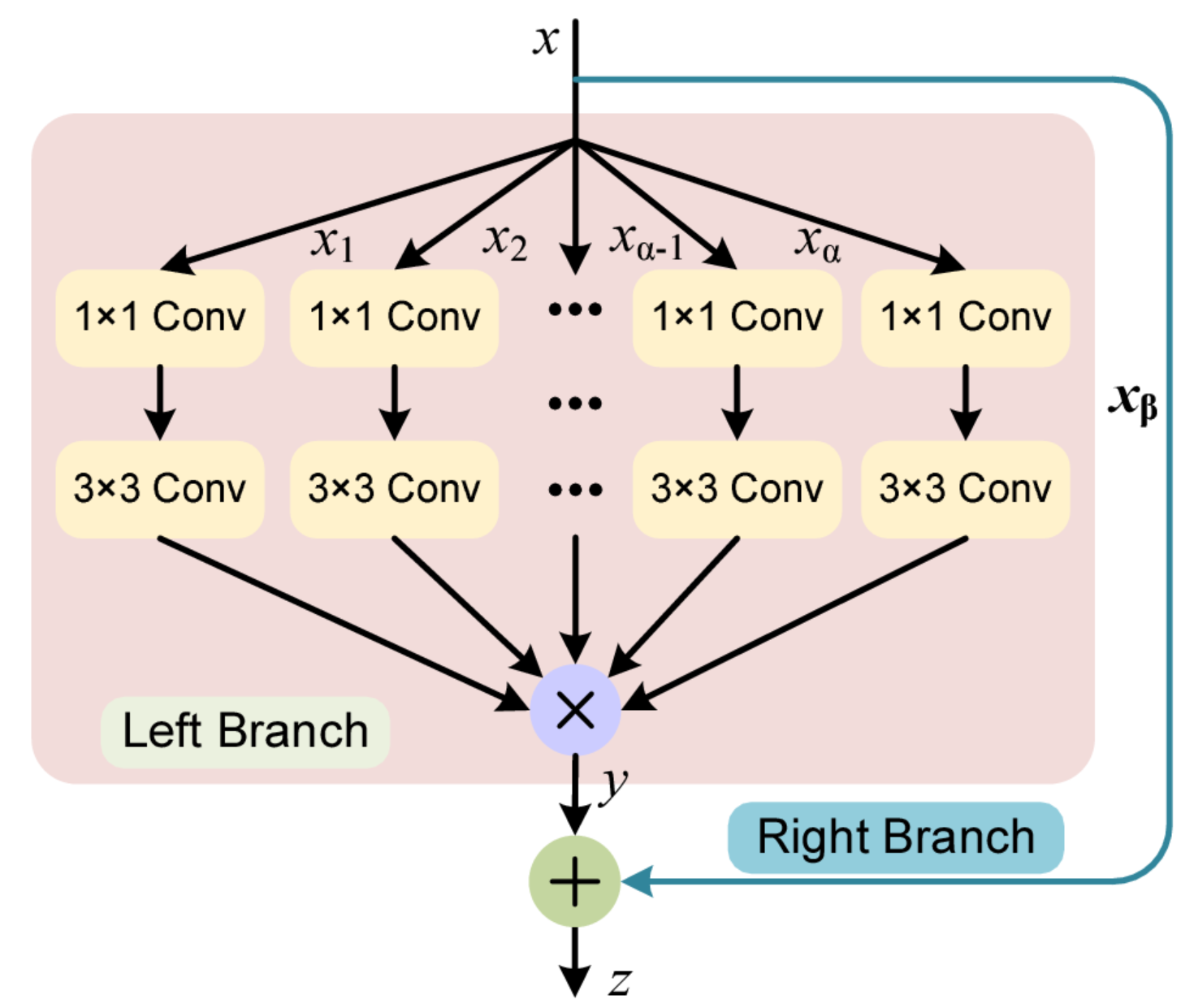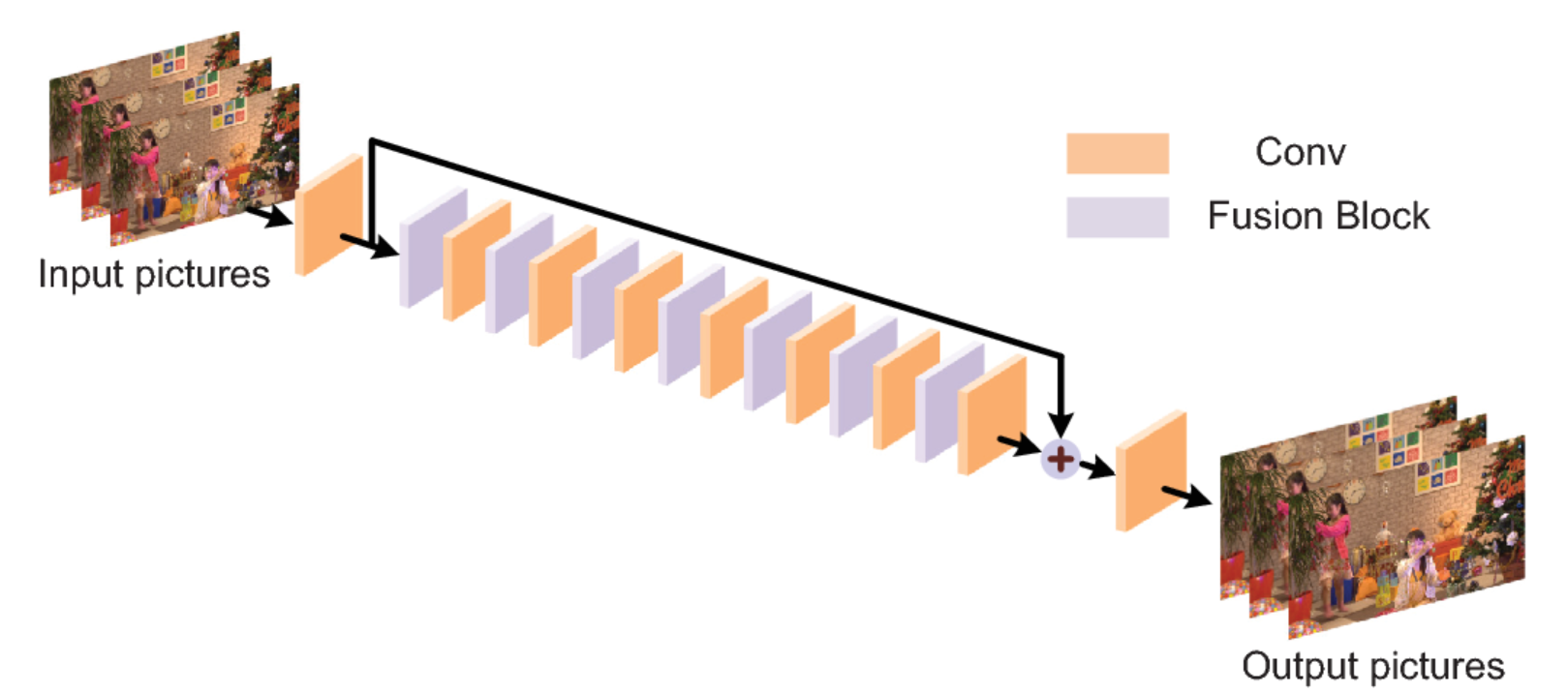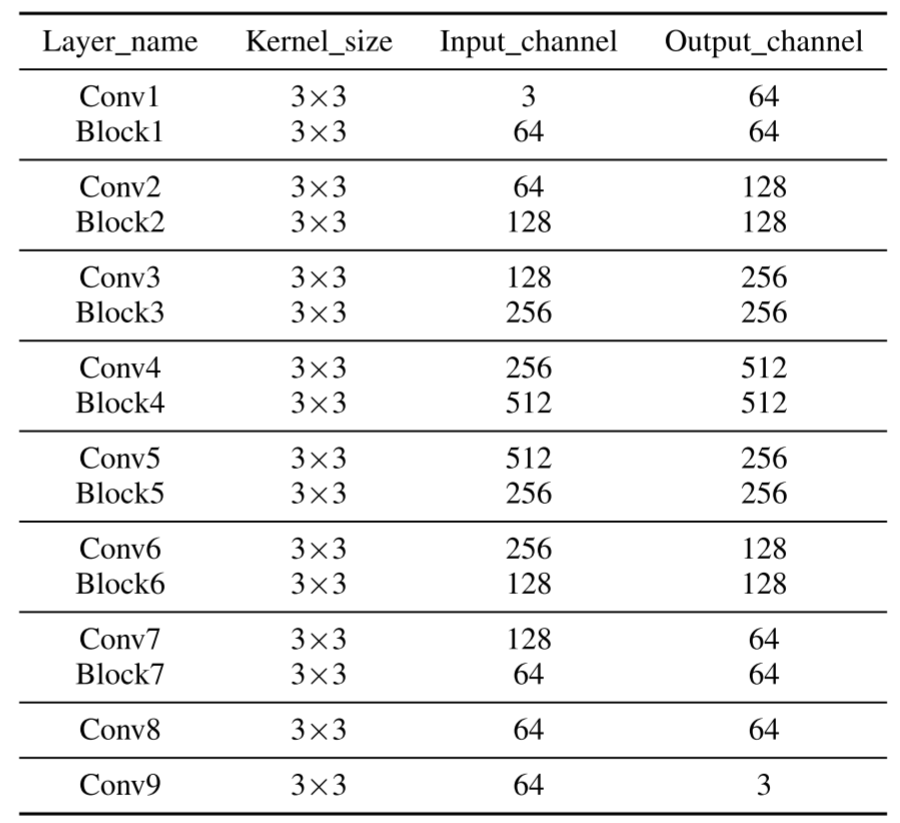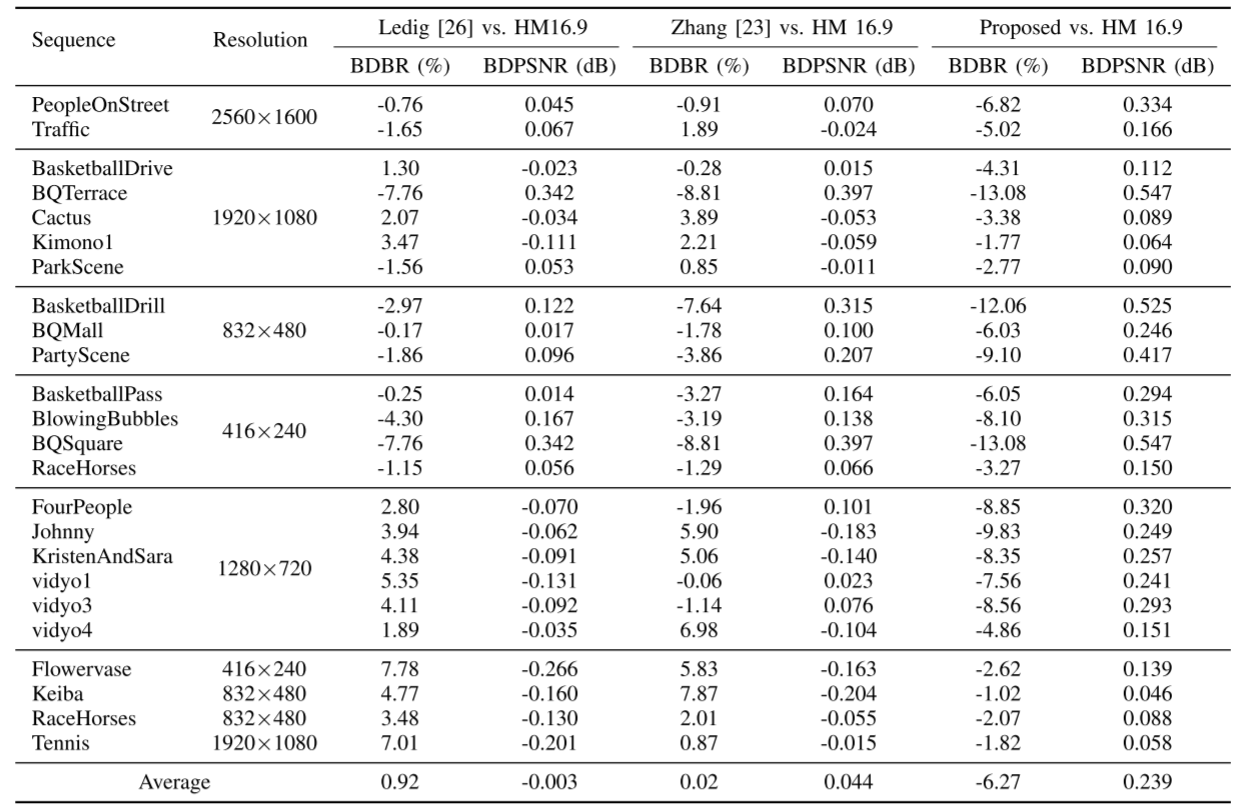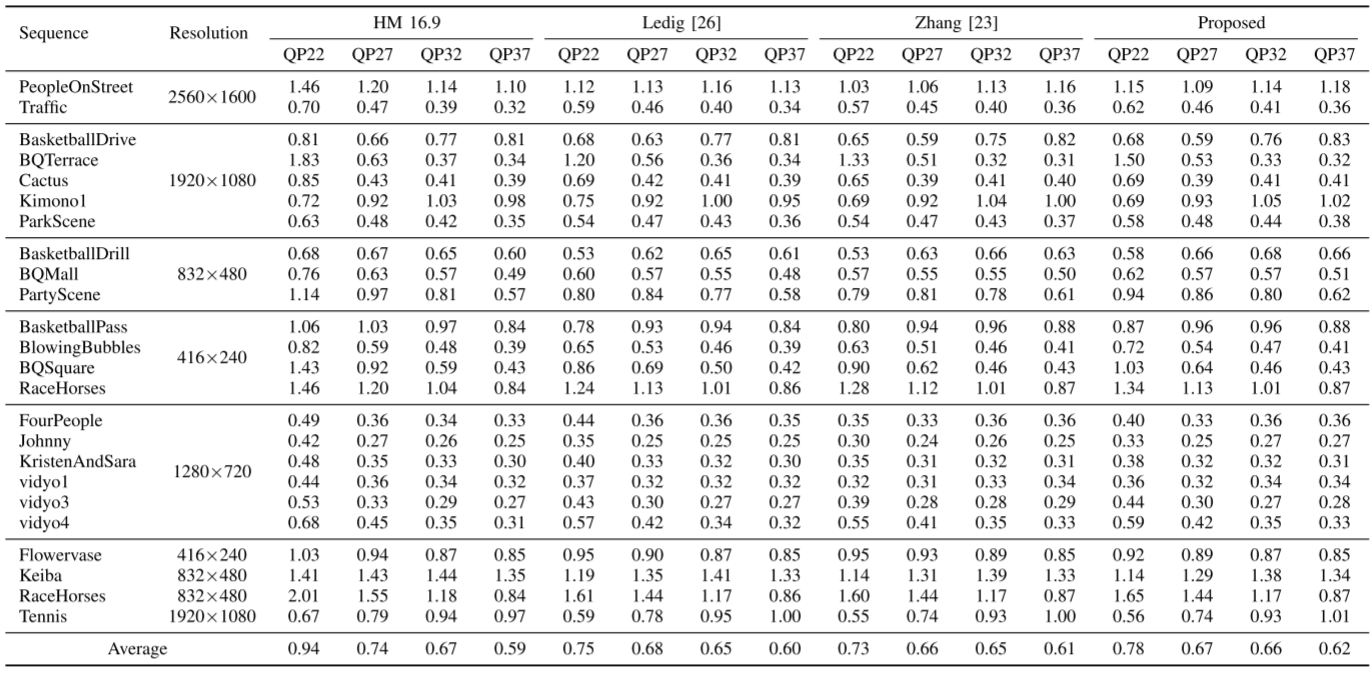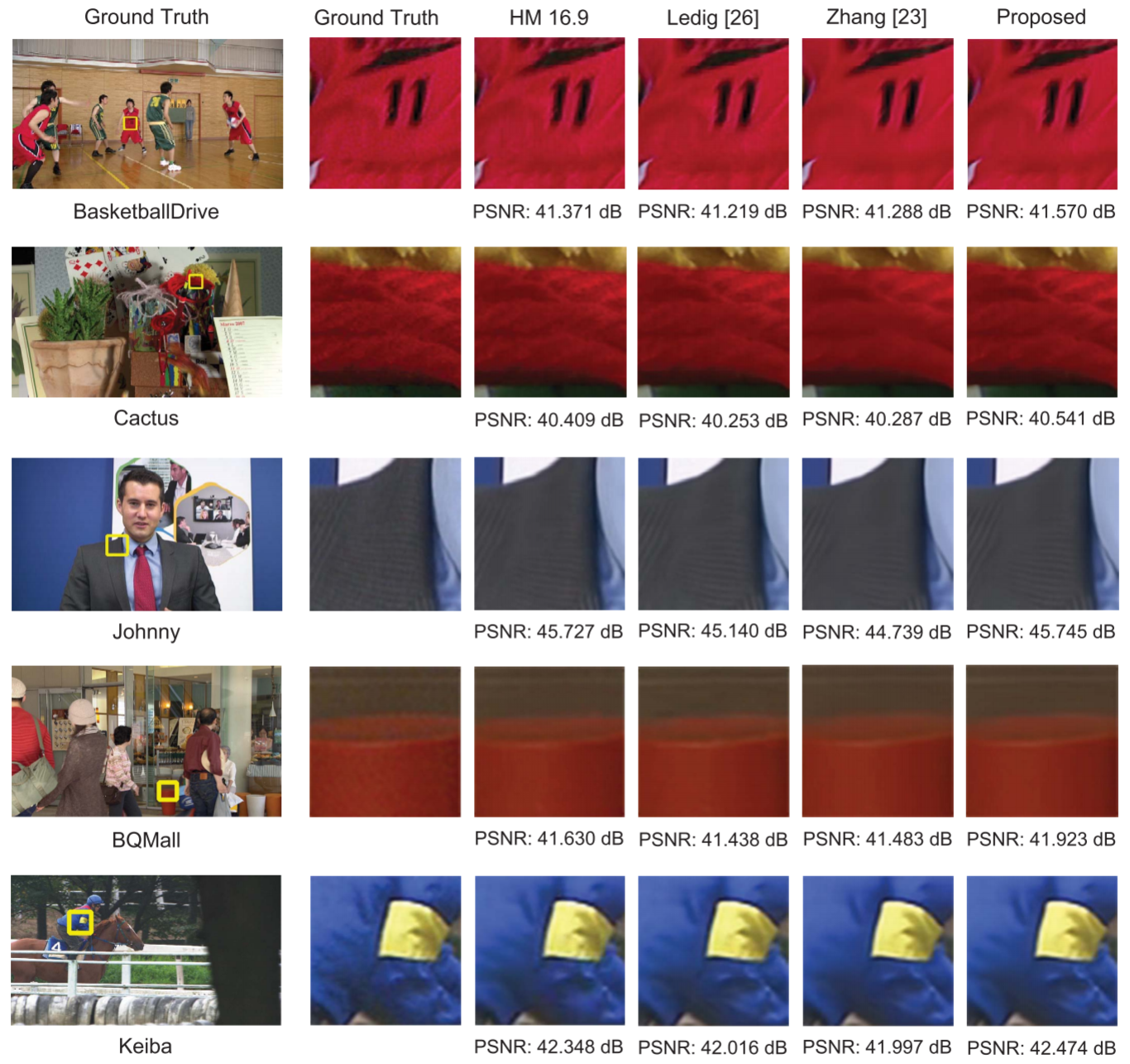We propose an efficient in-loop filtering algorithm based on the enhanced deep convolutional neural networks (EDCNN) for significantly improving the performance of in-loop filtering in HEVC. the EDCNN is proposed for efficiently eliminating the artifacts, which adopts three solutions, including a weighted normalization method, a feature information fusion block, and a precise loss function.
We have listed our pre-trained model of EDCNN module, if you want to compare our method, you can substitute the trained EDCNN model in your method. The pre-trained model is placed in weights/edcnn.
python3 predict.py --model [pretrained model] --dir_demo [demo images directory] --save_name [directory to save] --pre_train [weightfile]- n_threads: number of threads for data loading
- cpu: use cpu only
- dir_demo: demo image directory
- model: model name
- pre_train: pretrained model directory
- save_name: directory to save
Z. Pan, X. Yi, Y. Zhang, B. Jeon and S. Kwong, "Efficient In-Loop Filtering Based on Enhanced Deep Convolutional Neural Networks for HEVC," in IEEE Transactions on Image Processing, vol. 29, pp. 5352-5366, 2020
